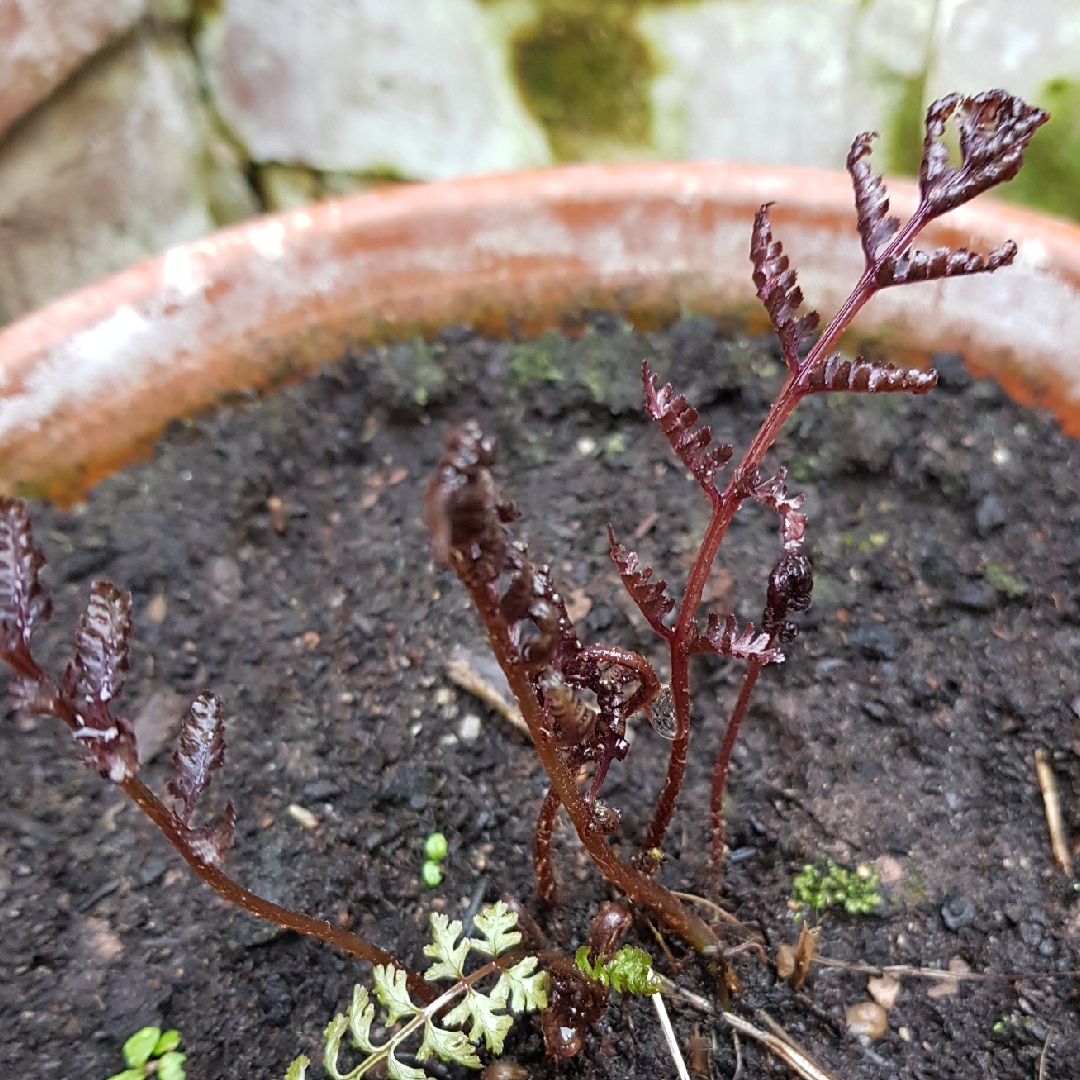
Athyrium niponicum 'Red beauty'
Japanese Painted Fern
'Red Beauty' is a vigorous, clump-forming, rhizomatous, deciduous fern with reddish-purple stems bearing upright, triangular, bi- or tri-pinnate, silvery grey-green fronds with reddish-purple midribs and veins.
-
Full sun to partial shade
-
Occasional watering
-
Full Frost Hardy: 5F (-15°C)
-
Moist and free draining
Common name
Japanese Painted Fern
Latin name
Athyrium niponicum 'Red beauty'
type
Deciduous Fern
family
Athyriaceae
ph
5.0 - 7.3 Acid - Neutral
Plant & bloom calendar
-
Best time to plant
full grown dimensions
 1.00 M
1.00 M
1.00 M
1.00 M
Athyrium niponicum 'Red beauty'
'Red Beauty' is a vigorous, clump-forming, rhizomatous, deciduous fern with reddish-purple stems bearing upright, triangular, bi- or tri-pinnate, silvery grey-green fronds with reddish-purple midribs and veins.
Planting Outdoors early
From Early Spring TO Mid Spring
Plant container grown plants out in spring
Planting Outdoors autumn
From Early Autumn TO Late Autumn
Plant container grown plants out in autumn.
Propagation by division
From Mid Spring TO Late Spring
Using a fork dig up plant, trying to keep the root ball as complete as possible. Split the root ball at the centre with a sharp knife or a spade, or by placing two garden forks back-to-back into the middle of the root ball, and pushing the fork handles apart.to lever the root ball apart. Replant the new clumps to the same depth as the original, and water well. Keep well watered until established.






















